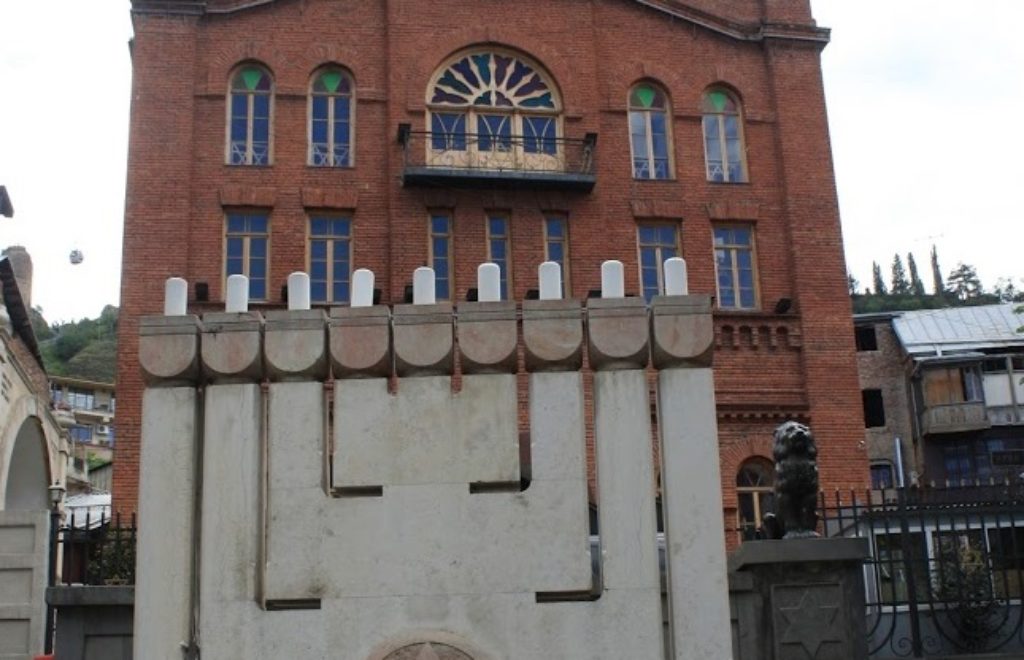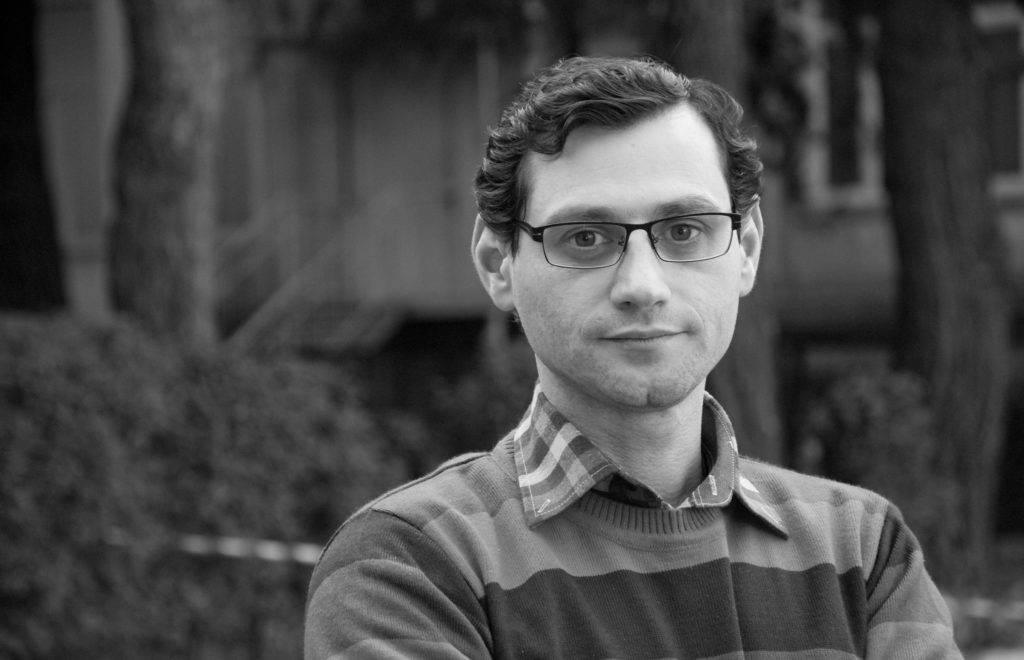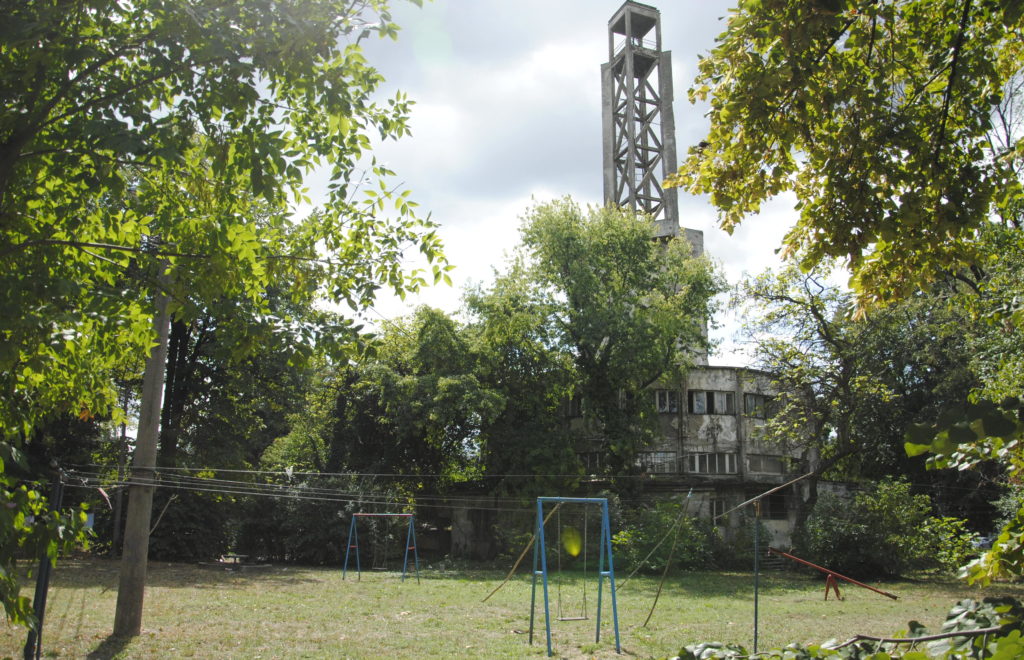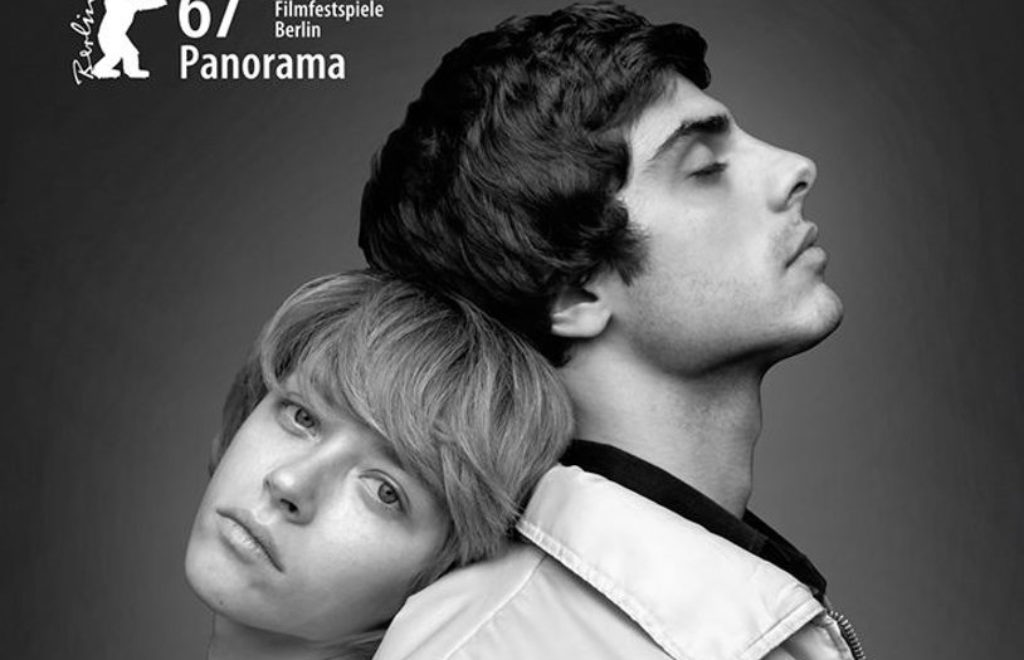The memory of Staro Sajmiste, the former Nazi concentration camp in Belgrade, will depend on how well Serbia’s discourse on the Holocaust continues to develop. Today, the Holocaust memory serves as a tool for highlighting both Serbia’s belonging to the European memory culture and the country’s narrative of Serbian victimhood.
The tower of the old Belgrade fairground, a former Nazi concentration camp, ominously peers down at the city. It is hard to miss, whether from the road connecting the airport with the Serbian capital or while wandering around the Belgrade fortress hill. Its characteristic spot right across the river can be well seen from the extravagant waterfront as the tower stands near the Hyatt Regency Hotel. It is an integral part of the city’s landscape.
In spite of the site’s proximity to the city centre, and its visibility, Staro Sajmiste is still a neglected and somewhat isolated area. Turning from the main road to Sajmiste Street feels like entering another world – trespassing the border and violating the privacy of the space. It can take some time to discover any sign of the site’s former purpose; especially since it has transformed into a residential area with a children’s playground and laundry hanging near to what was once a prison. Thus, while it has been officially recognised as a Holocaust memory site, Staro Sajmiste remains largely forgotten, in plain sight.
January 2, 2018 -
Yulia Oreshina





































